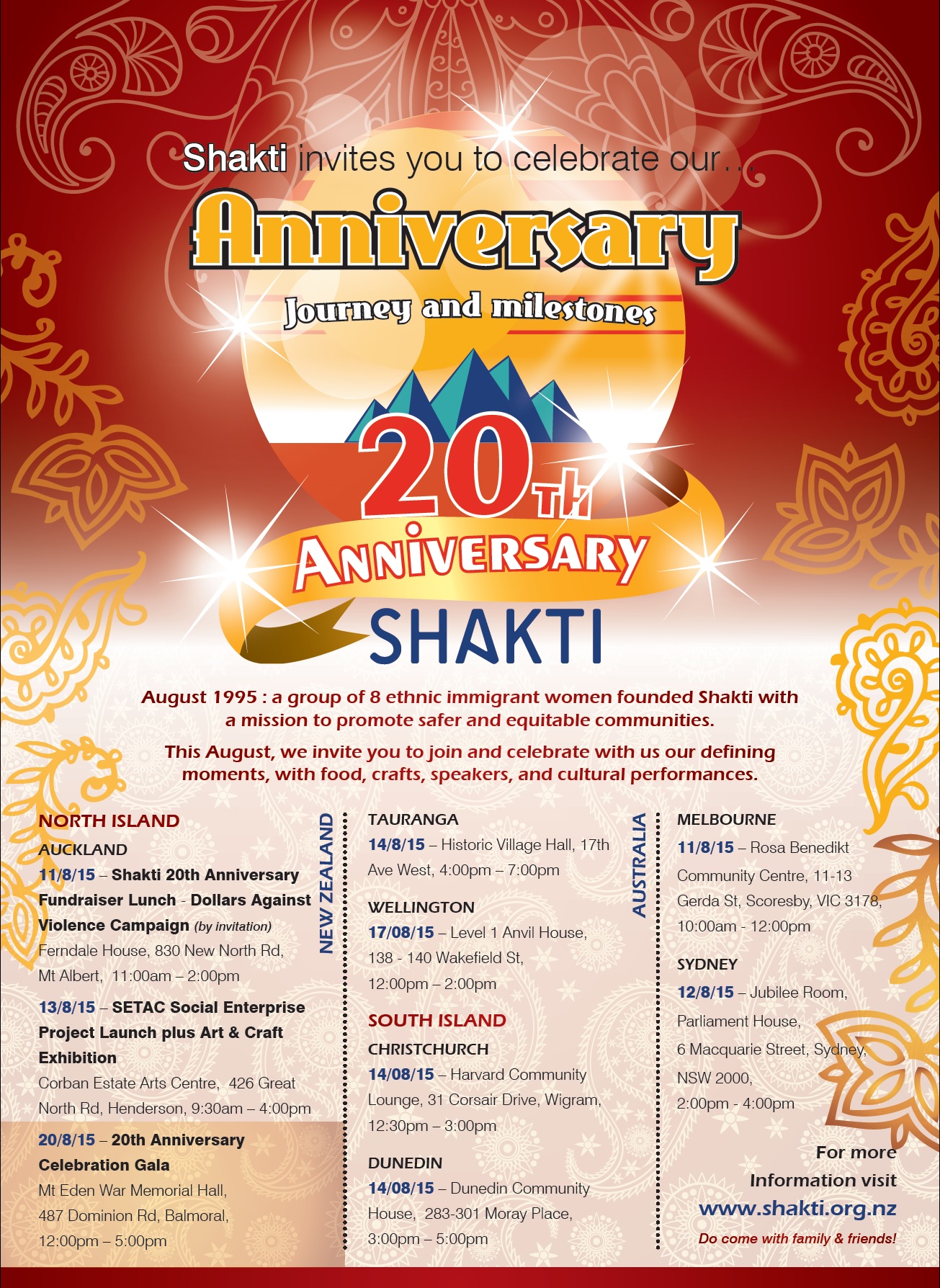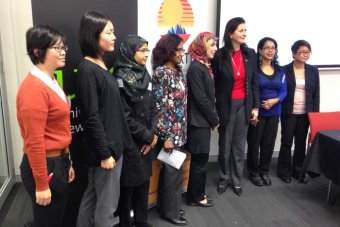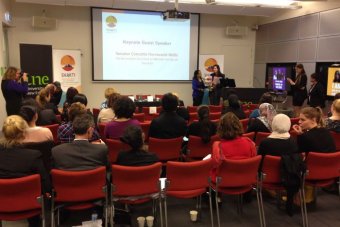Shakti is very happy with the announcement from John Key, Prime Minister of New Zealand, that the government has strengthened the Domestic Violence Act to include the criminalisation of under-age / forced marriage.
This is excellent news for all our Asian, African and Middle Eastern women, young women and children who are at risk of experiencing this human rights abuse. Shakti would like to thank all our supporters who helped out in this 6-year long campaign. We make a special mention to our Shakti team members who worked tirelessly, Dr Jackie Blue, Ms Louisa Wall MP, Jane Pritchard from NZ Pacific Women’s Watch, Women’s Refuge NZ as well as our supporters from NZ’s women’s organisations, and NGOs around the country.
#CultureisNoExcuseForAbuse!
Source: New Zealand Herald – http://www.nzherald.co.nz/politics/news/article.cfm?c_id=280&objectid=11708758
New family violence offences to be created
12:26 PM Tuesday Sep 13, 2016

New family violence offences will be created as part of more than 50 changes to the current Domestic Violence Act.
Prime Minister John Key has announced a raft of changes in a speech to justice sector groups at Te Papa in Wellington.
They include:
• Creating new offences of non-fatal strangulation, coercion to marry, and assault on a family member.
• Making the safety of victims a principal consideration in all bail decisions, and at the centre of parenting and property orders.
• Flagging all family violence offences on criminal records. This will be done so the courts and police know when a person has such a history.
Key said New Zealand’s rate of family violence was “horrendous”.
“Our suite of changes are directed to earlier and more effective interventions. We are focussed on better ways to keep victims safe and changing perpetrator behaviour to stop abuse and re-abuse.”
The changes come after nearly 500 detailed submissions from individuals and groups were received after the Government released a discussion document last August.
New Zealand has the highest reported rate of intimate partner violence in the developed world.
Other changes announced today include:
- Allowing others to apply for a protection order on a victim’s behalf, and better providing for the rights of children under protection orders. This could happen when a victim is too scared of a perpetrator to apply for an order herself. Police officers could already initiate a protection order, for example when a police safety order was breached. But the law change announced today would enable others to initiate that process.
- Making offending while on a protection order a specific aggravating factor in sentencing.
- Letting people refer themselves to services to help stop violence, such as giving the perpetrator access to non-violence programmes, without them having to go to court.
- Make it easier for the sharing of information between the courts, police and the agencies and community organisations that deal with families.
The announcement follows a Herald campaign ran earlier this year addressing family violence.
Key said the changes would cost about $130 million over four years. Legislation is expected to be introduced to Parliament early next year.
“These changes have the potential to significantly reduce family violence.
“New Zealanders generally resist government interference in their private lives, and I get that.
“But let me say straight up that in households where anyone is being assaulted, threatened, intimidated, belittled or deprived, the perpetrator has no right to expect privacy so they can go on being a bully.”
Key said the increase in protection orders expected under the changes is expected to lead to 12300 fewer violent offences each year.
The increased imprisonment of violent offenders is expected to prevent another 1100 violent offences each year, he told the audience.
“To the perpetrators of this misery I say this – recognise what is going on in your home and take responsibility for it.
“A good father, a good step-father and a good man does not hit, intimidate or control his spouse, partner, ex-partner or her children. The same goes for women who are abusers.
“If you act in a violent and controlling way, you can change this behaviour. Own the problem. Nothing will get better until you do. Ask for help. There is no shame in that.”
“New Zealanders generally resist government interference in their private lives, and I get that.
“But let me say straight up that in households where anyone is being assaulted, threatened, intimidated, belittled or deprived, the perpetrator has no right to expect privacy so they can go on being a bully.”
Key said the increase in protection orders expected under the changes is expected to lead to 12300 fewer violent offences each year.
The increased imprisonment of violent offenders is expected to prevent another 1100 violent offences each year, he told the audience.
If you’re in danger NOW:
- Phone the police on 111 or ask neighbours of friends to ring for you
• Run outside and head for where there are other people
• Scream for help so that your neighbours can hear you
• Take the children with you
• Don’t stop to get anything else
• If you are being abused, remember it’s not your fault. Violence is never okay
Where to go for help or more information:
- Women’s Refuge: Free national crisisline operates 24/7 – 0800 REFUGE or 0800 733 843 www.womensrefuge.org.nz
• Shine, free national helpline 9am- 11pm every day – 0508 744 633www.2shine.org.nz
• It’s Not Ok: Information line 0800 456 450 www.areyouok.org.nz
• Shakti: Providing specialist cultural services for African, Asian and Middle Eastern women and their children. Crisisline 24/7 0800 742 584
• Ministry of Justice: www.justice.govt.nz/family-justice/domestic-violence
• National Network of Stopping Violence: www.nnsvs.org.nz
• White Ribbon: Aiming to eliminate men’s violence towards women, focusing this year on sexual violence and the issue of consent. www.whiteribbon.org.nz




